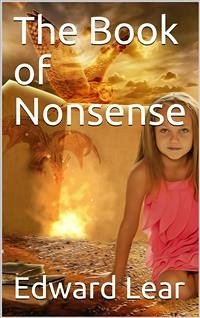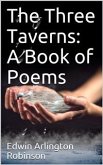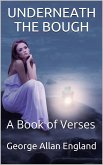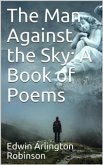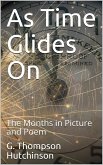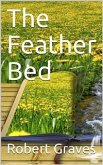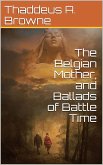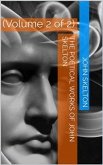The owls, hen, larks, and their nests in his beard, are among the fey fauna and peculiar persons inhabiting the uniquely inspired nonsense rhymes and drawings of Lear (20th child of a London stockbroker), whose Book of Nonsense, first published in 1846, stands alone as the ultimate and most loved expression in English of freewheeling, benign, and unconstricted merriment. The absurdity is especially delightful to experience alongside a child. The limericks in this book are undoubtedly delightful and addictive to read. The silliness of them will engage children who have perhaps not heard limericks before and Lear's illustrations also entertain. A rather short, fun book. It can teach advanced vocabulary- descriptive words mostly and the pronunciation of countries and places- to young children.
Bitte wählen Sie Ihr Anliegen aus.
Rechnungen
Retourenschein anfordern
Bestellstatus
Storno

